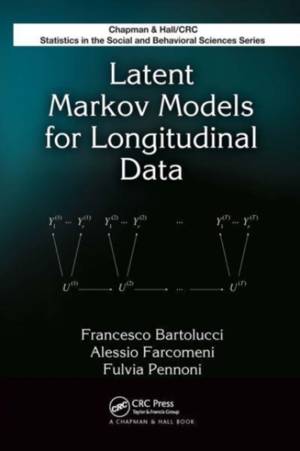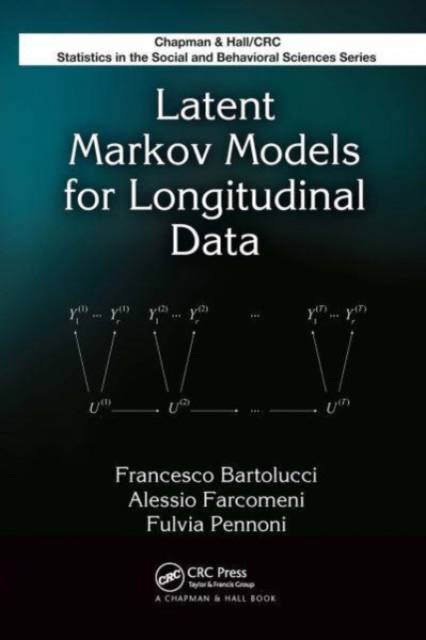
- Retrait gratuit dans votre magasin Club
- 7.000.000 titres dans notre catalogue
- Payer en toute sécurité
- Toujours un magasin près de chez vous
- Retrait gratuit dans votre magasin Club
- 7.000.0000 titres dans notre catalogue
- Payer en toute sécurité
- Toujours un magasin près de chez vous
Description
Drawing on the authors' extensive research in the analysis of categorical longitudinal data, Latent Markov Models for Longitudinal Data focuses on the formulation of latent Markov models and the practical use of these models. Numerous examples illustrate how latent Markov models are used in economics, education, sociology, and other fields. The R and MATLAB(R) routines used for the examples are available on the authors' website.
The book provides you with the essential background on latent variable models, particularly the latent class model. It discusses how the Markov chain model and the latent class model represent a useful paradigm for latent Markov models. The authors illustrate the assumptions of the basic version of the latent Markov model and introduce maximum likelihood estimation through the Expectation-Maximization algorithm. They also cover constrained versions of the basic latent Markov model, describe the inclusion of the individual covariates, and address the random effects and multilevel extensions of the model. After covering advanced topics, the book concludes with a discussion on Bayesian inference as an alternative to maximum likelihood inference.
As longitudinal data become increasingly relevant in many fields, researchers must rely on specific statistical and econometric models tailored to their application. A complete overview of latent Markov models, this book demonstrates how to use the models in three types of analysis: transition analysis with measurement errors, analyses that consider unobserved heterogeneity, and finding clusters of units and studying the transition between the clusters.
Spécifications
Parties prenantes
- Auteur(s) :
- Editeur:
Contenu
- Nombre de pages :
- 254
- Langue:
- Anglais
- Collection :
Caractéristiques
- EAN:
- 9781032477541
- Date de parution :
- 21-01-23
- Format:
- Livre broché
- Format numérique:
- Trade paperback (VS)
- Dimensions :
- 156 mm x 233 mm
- Poids :
- 452 g

Les avis
Nous publions uniquement les avis qui respectent les conditions requises. Consultez nos conditions pour les avis.






